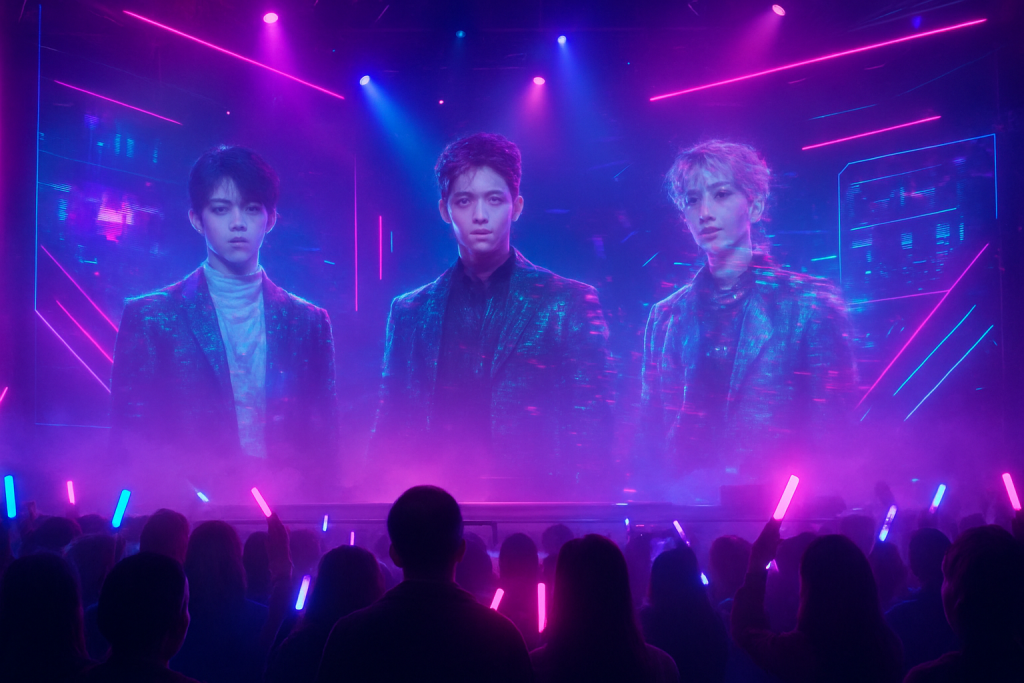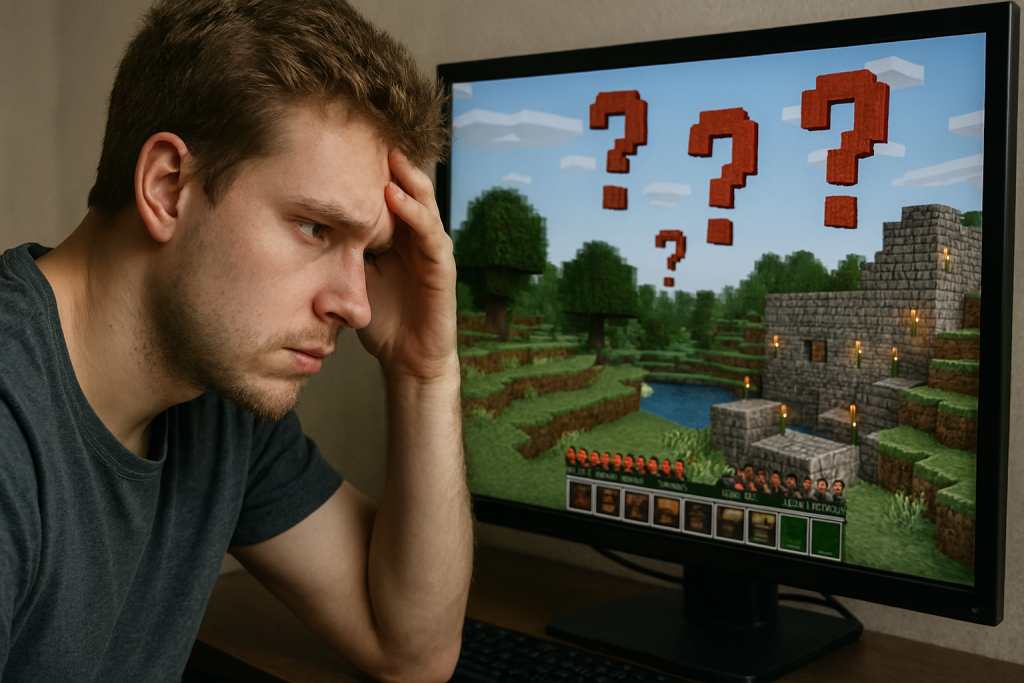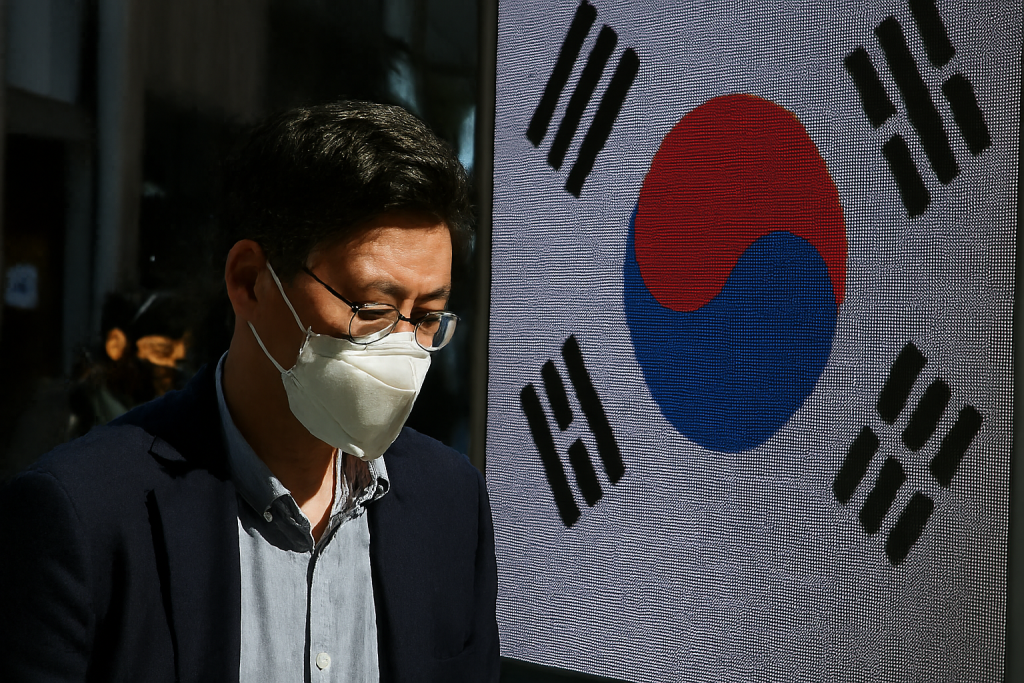The K-pop world is gradually evolving, with new trends, like virtual idols. The idols are digital entities, often in the form of avatars or animated characters, created to engage, entertain, and perform with audiences.
Virtual K-pop is featured in music projects, K-pop groups, reality experiences, or other digital content. Spreading damaging or false information about Virtual stars can affect the reputation of the individuals behind the characters.
In a recent South Korean headline, there is a court verdict stating that defamation laws apply to virtual K-pop idols. So, if you make nasty comments and use profanity against the avatars, they may not be overlooked. In this guide, we’ll be exploring the key aspects of virtual K-pop defamation.
Case Study: The K-Pop Group That Won Defamation Lawsuit
The Virtual K-pop group Plave consists of young Korean men in their 20s who are popular for their bright-colored hair and digital avatars, designed in Korean comics or manhwa styles and webtoons. The characters are named Bamby, Noah, Yejun, and Hamin, but their real identities remain a secret. These entities use technology like motion capture to bring their virtual avatars to life for performances, accept award shows, and interact with fans.
A social media user commented that the real people behind the virtual characters could have an unappealing look. In his words, “they have a typical Korean man vibe”. Another comment was made to tease Hamin, saying he has a rotten body and isn’t tall and good-looking, which is why he hides behind his virtual persona. The case was presented in court, and the documented comments showed a pattern of further demotion and online harassment targeting the K-pop group Plave.
The people representing the virtual group filed a lawsuit because the remarks were damaging and caused them emotional distress. The user was fined heavily, as a court in Gyeonggi ruled in their favor, stating that the offence done on the avatar also affects the real person’s identity. The user was asked to pay 500,000 won ($360) in damages for defaming the virtual K-pop boyband Plave, which sets a new legal standard for virtual idols.
Aside from the South Korean court, K-pop agencies are aggressively pursuing legal action against online haters, who post hurtful comments about their virtual celebrities. So, it is essential to know that Virtual K-pop icons have legal protection against defamation.
Managing Online Speech and Virtual Celebrity Reputation
The court ruling on virtual K-pop idols has implications for managing digital celebrity reputation and online comments. Virtual K-pop can be managed through:
- Online presence monitoring
If the K-pop online space is tracked regularly, it will be easy to trace discussions and hateful posts about virtual celebrities. This can limit the damage that can be caused by false or damaging statements and enable quick action against online haters with defamatory content. The best way to trace defaming discussions is by closely monitoring the fan communities and other entertainment subcultures. Links to such communities can be found in address collection hubs for entertainment. If you are wondering where to find them, all you have to do is run a little search online. Several address collection platforms in Korea that acts like a central gateway to links. You can find any link you want on these platforms, including the ones for fan communities
- Setting boundaries for online engagement
Virtual K-pop idol managers must establish guidelines for online interaction by pointing out defamation and criticism. This comprises clarifying what makes acceptable feedback and what constitutes defamatory content. This also helps to ensure that critics and real fans understand what respective online engagement is, and what isn’t, toward virtual K-pop celebrities.
- Stay Ahead of Online Issues
As a virtual manager, prioritizing celebrity reputation is pertinent. You can handle online problems perfectly by taking proactive measures. You may implement a quick response team or create automated filters to reduce abusive comments. The filters can help remove defamatory language that is perceived as damaging to the virtual stars.
Conclusion
The Plave case is an eye-opener. It highlights the legal protections given to digital avatars and serves as a reminder to online bullies that responsible online behavior is expected even in the virtual world. The new court ruling stresses the importance of accountability and respect, safeguarding creators and their virtual characters from harm.








